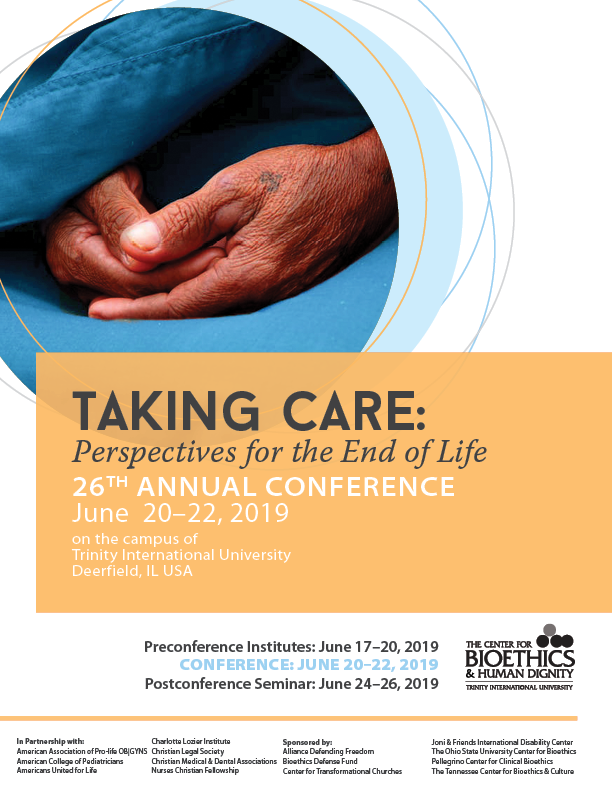
Death by Neurological Criteria was developed in 1968 as a mechanism to declare death for the neurologically devastated patient to allow for organ donation. The procedure for declaring brain death has been “simplified” and now only requires a single exam and apnea test, rather than two exams six hours apart, or an exam and a confirmatory radiological study. Death by Neurological Criteria is increasingly not recognized by families who struggle with a beating heart and insist upon cardiopulmonary standstill for the declaration of death. The casual use of the term “brain death” by physicians for patients who are neurologically devastated has also created confusion and conflict for families. Some states now require family consent for an apnea test, brain death exam, or confirmatory test. Several states allow families not to accept the diagnosis of brain death, and New Jersey specifically does not recognize brain death at all. This session will review the current legal and medical status of brain death, explore multiple cases of increasingly protracted conflict around the diagnosis, describe what happens to patients on organ support after the declaration of brain death, and discuss the momentum for elimination of declaration of death requirement for solid organ donation.